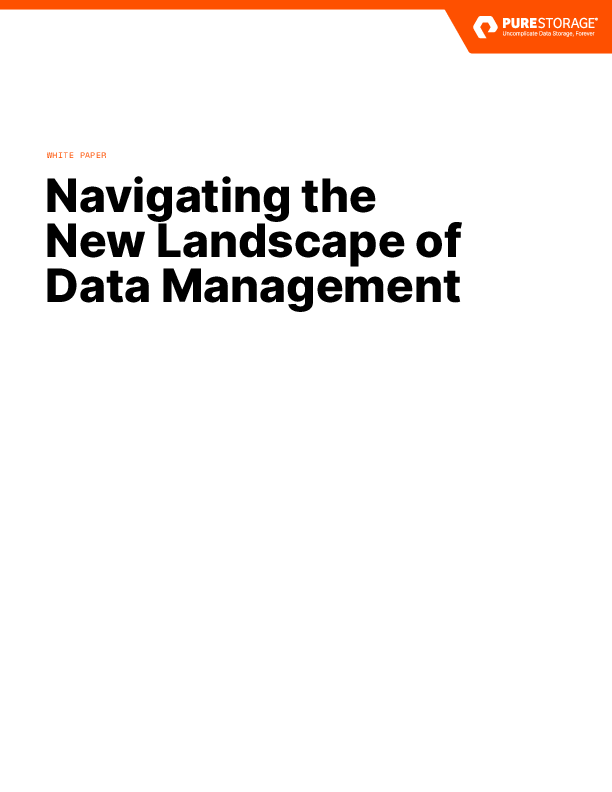

Klient: Netskope Germany GmbH
Format: Raport
Rozmiar: 5,59 MB
Język: Angielski
Data: 08.04.2025
The State of Data Risk Management Report
Despite tightened standards from regulatory bodies like the FTC, HIPAA, and the SEC, many organizations overestimate their security measures. The “State of Data Risk Management” research is an effort to examine the gap between perceived data security confidence and actual effectiveness, set amid rising data breaches.
The findings of the research are stark, and they highlight the urgent need for organizations to adopt integrated and automated data security strategies. This gap is particularly evident in sectors like financial services and healthcare, where high confidence in existing data security posture is belied by the frequency of breaches.
The survey underscores that high confidence in data security does not correlate with lower breach rates. It is clear that many organizations are underestimating their vulnerabilities, relying on outdated, manual processes, and proving to be slow to adopt automated systems. Modern, proactive approaches—including regular audits, strategic use of technology, and external consulting—are essential.
This report highlights the importance of adopting integrated and automated data security strategies to navigate the complex and evolving landscape of data risk effectively.
The findings of the research are stark, and they highlight the urgent need for organizations to adopt integrated and automated data security strategies. This gap is particularly evident in sectors like financial services and healthcare, where high confidence in existing data security posture is belied by the frequency of breaches.
The survey underscores that high confidence in data security does not correlate with lower breach rates. It is clear that many organizations are underestimating their vulnerabilities, relying on outdated, manual processes, and proving to be slow to adopt automated systems. Modern, proactive approaches—including regular audits, strategic use of technology, and external consulting—are essential.
This report highlights the importance of adopting integrated and automated data security strategies to navigate the complex and evolving landscape of data risk effectively.









